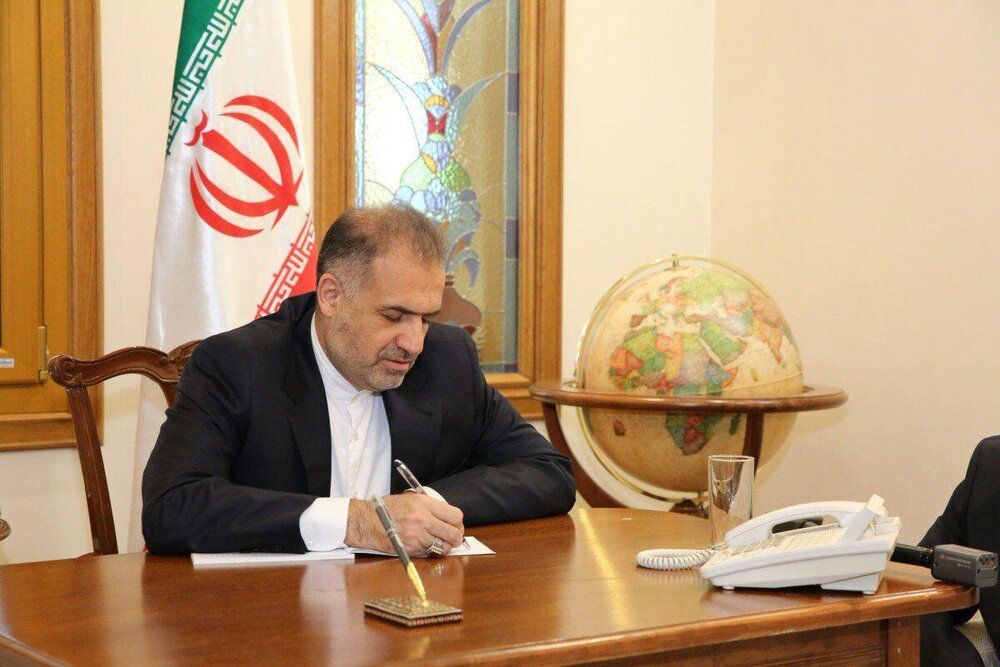Iranian diplomat says there is still chance to save nuclear deal

TEHRAN – Iran’s Ambassador to Moscow, Kazem Jalali, has said that there is still chance to save the 2015 nuclear deal, known as the JCPOA, if the remaining parties have the political will to keep the agreement.
“When the agreement was signed, almost all the parties admitted that it is a win-win deal. However, after five years of harming the JCPOA and implementing it in an unbalanced way, this characteristic of the mentioned document has been annihilated. However, there is still chance to save the JCPOA and political will and practical action of the remaining parties are required,” IRNA quoted him as writing in an article on Monday.
He noted that Russia and China have proved “politically” and “practically” that they are determined to preserve the JCPOA.
But he slammed the Europeans for not being committed to their obligations in practice.
Jalali also noted that the European financial mechanism known as INSTEX (the Instrument in Support of Trade Exchanges) has not the necessary efficiency due to the U.S. pressure.
INSTEX has been designed to facilitate legitimate trade with Tehran. It was introduced on January 31, 2019, by France, Germany, and Britain, the three European countries party to the nuclear deal.
INSTEX was supposed to be a financial channel and a special mechanism for transferring money in spite of U.S. sanctions on Iran. Its objective was to facilitate Iran’s transactions with European companies.
In late November 2019, Belgium, Denmark, Finland, the Netherlands, Norway, and Sweden issued a joint statement announcing becoming shareholders of INSTEX.
“In light of the continuous European support for the agreement and the ongoing efforts to implement the economic part of it and to facilitate legitimate trade between Europe and Iran, we are now in the process of becoming shareholders of the Instrument in Support of Trade Exchanges (INSTEX) subject to completion of national procedures. INSTEX was established by France, Germany, and the United Kingdom in January 2019,” read the statement, published by the Foreign Ministry of Finland.
Iran has likened INSTEX to a beautiful car that lacks gasoline.
In a telephone conversation with his French counterpart Emmanuel Macron in April, President Hassan Rouhani described as “positive but insufficient” the first steps that the three European parties to the nuclear treaty have taken to bring INSTEX into operation.
“This path should not be confined to the medical commodities and foodstuff alone, and we must be able to use it to supply all of our country’s demands,” Rouhani underlined.
Foreign Ministry spokesman Abbas Mousavi said in April that the INSTEX is a preliminary step for Europeans to fulfill their obligations and their commitments are not limited to it.
NA/PA
Leave a Comment